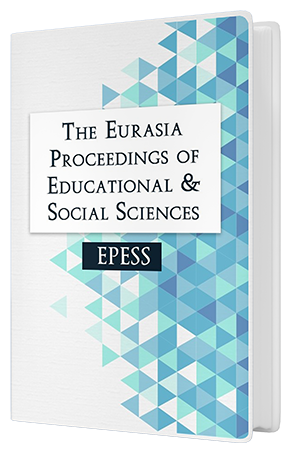TEACHER´S LEARNING AND COLLABORATION USING INNOVATIVE TEAMS: PROFESSIONAL LEARNING COMMUNITY
Keywords:
Collaboration, methodology, alignment, learningAbstract
The 21st century is a challenge for education at all levels and the way that students learn is a challenge which invites teachers to improve learning experience techniques. This research presents the results of the implementation of an innovative educational project conducted at TEC de Monterrey at Campus Leon from August 2014 to May 2015, in which 8 teachers from four different subject areas: Basic Sciences, Humanities and Social Sciences, Applied Engineering, Language and Communication, were involved. There were three main objectives for this research project. The first objective was to provide an overview of the terminological framework that describes the teaching collaboration. The second objective was to present the focus and depth of collaboration during the development of the different learning opportunities that were observed. The third objective consisted in listing the benefits observed for students, teachers and the institution. The factors that were initially viewed as an obstacle in coordination ultimately led to the creation of a new methodology for teaching that allows the implementation of new models and improved communication styles between peers. The prior will serve as valuable points of action for class implementation and effective collaboration. This last point is vital for the future since it represents a necessity to build educational organizations that anticipate new trends and generate cutting-edge educational models.Downloads
Published
Issue
Section
License
Copyright (c) 2016 The Eurasia Proceedings of Educational and Social Sciences

This work is licensed under a Creative Commons Attribution-NonCommercial-ShareAlike 4.0 International License.
The articles may be used for research, teaching, and private study purposes. Any substantial or systematic reproduction, redistribution, reselling, loan, sub-licensing, systematic supply, or distribution in any form to anyone is expressly forbidden. Authors alone are responsible for the contents of their articles. The journal owns the copyright of the articles. The publisher shall not be liable for any loss, actions, claims, proceedings, demand, or costs or damages whatsoever or howsoever caused arising directly or indirectly in connection with or arising out of the use of the research material. All authors are requested to disclose any actual or potential conflict of interest including any financial, personal or other relationships with other people or organizations regarding the submitted work.




